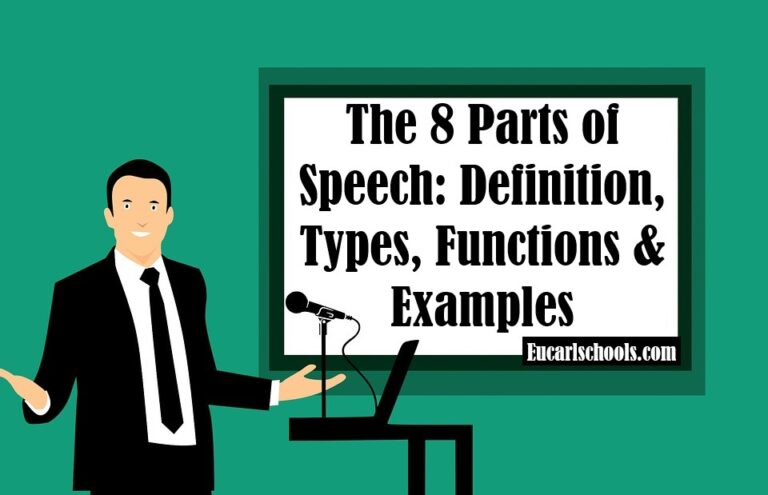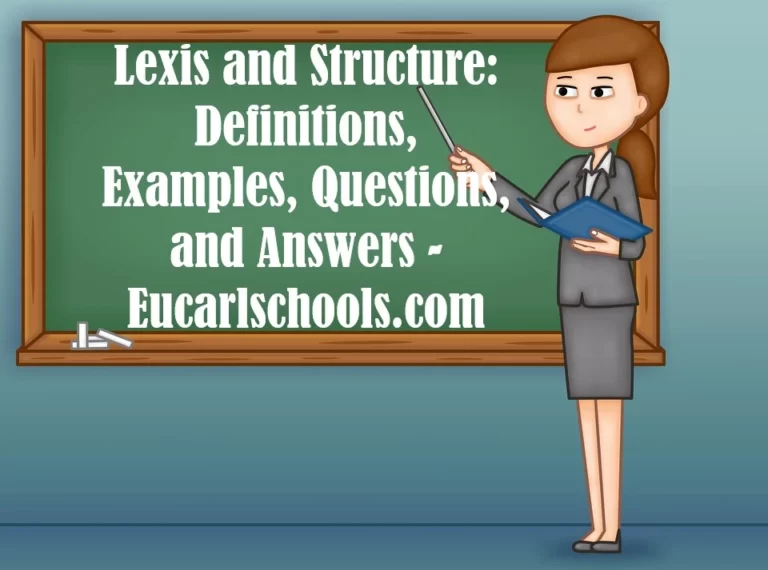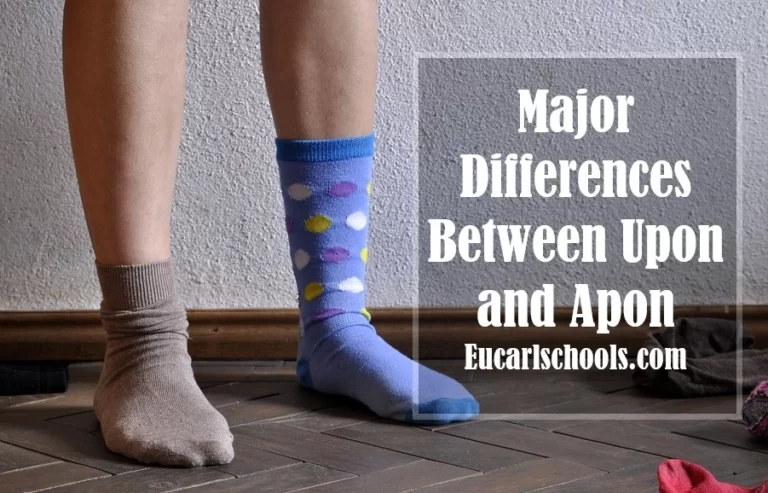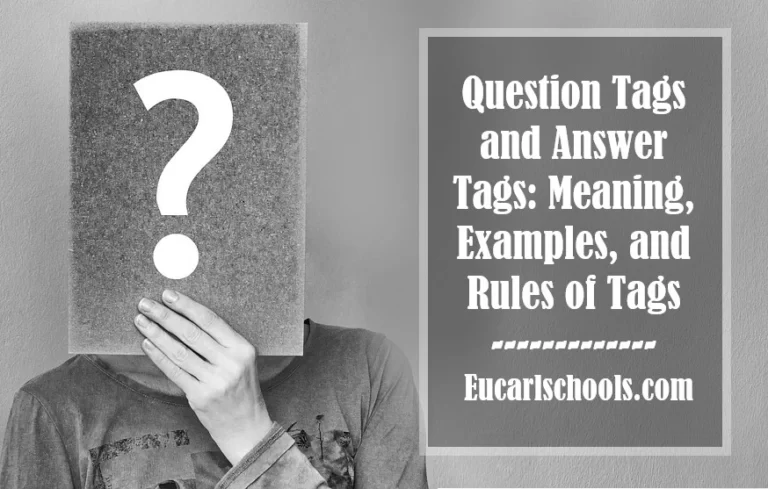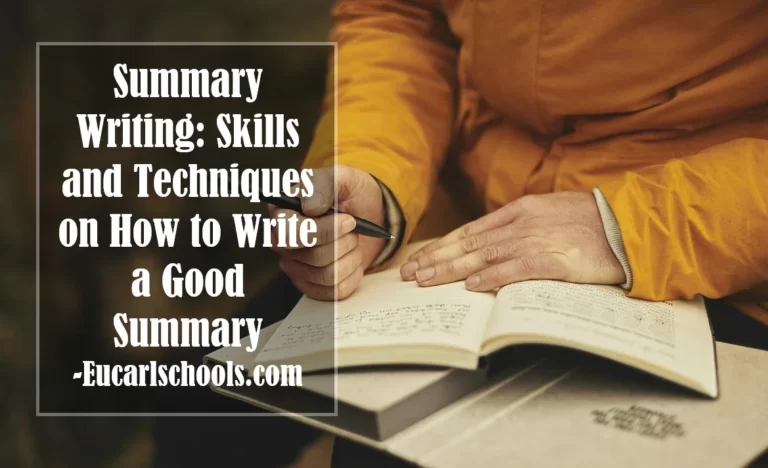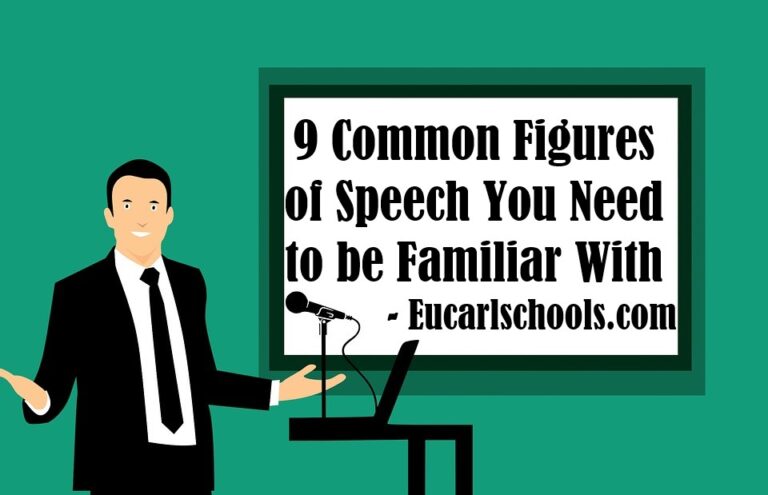Emphatic Stress
Emphatic stress is usually used in a sentence to compare, link up, and other times to make clarifications about certain items. The usage of emphatic stress by most speakers is to make clear which matters he or she considers very important and would love the listeners to pay close attention to.
In other words, emphatic stress places strong articulatory importance on a particular word in a sentence. When you asked questions in the area of emphatic stress in examinations, sentences that convey questions are sometimes placed among the options. The answers here always are the ones that contradict only the stressed word by the speaker.
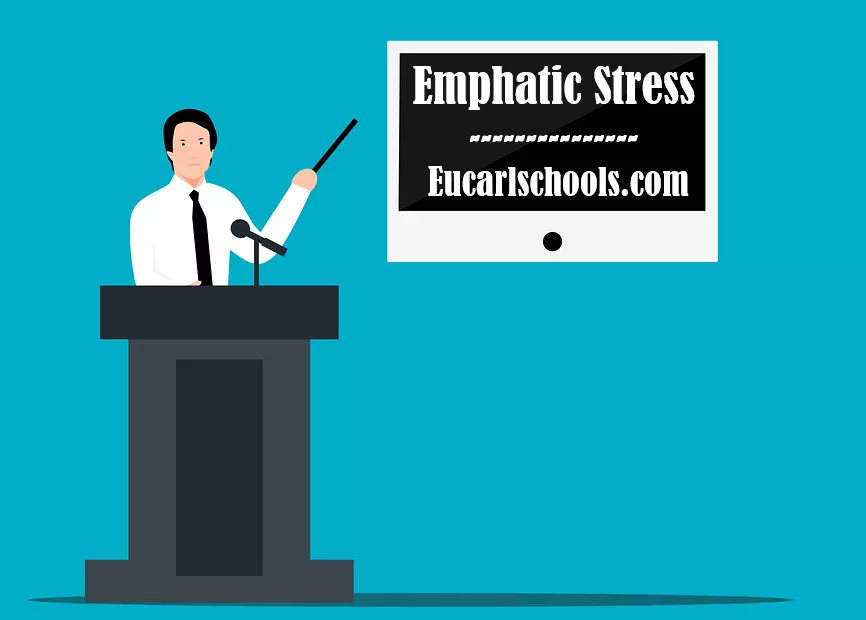
Emphatic Stress
A few examples below would explain this better:
Peter’s bag is colour BLUE.
Options:
a. Whose bag is blue?
b. The shape of Peter’s blue bag is oval.
c. Is Peter’s bag green?
d. Peter’s pair of shoes are blue.
Answer:
The first thing would be to identify which word or phrase in the case might be stressed. And, many of the times, the stressed words are capitalized. So, the answer must show the contradiction to only the capitalized word, which in this case is blue.
Option C is therefore the answer because it provides only a contradiction to the word on block letters.
Yesterday’s football game was so INTERESTING.
a. Last week’s football game was so dull.
b. Wasn’t yesterday’s basketball game interesting?
c. I watched yesterday’s cricket game and I found it very boring.
d. Wasn’t yesterday’s football game uninteresting?
Answer:
As was earlier said, the first thing to look out for when attempting a question on this would be which word in the sentence is in blocks. After that very important identification, we look for which option is opposite only to that capitalized word.
Option D is the answer because it gives an opposite only to the word, interesting which is uninteresting.
Veronica WORKS as a graphic designer.
a. What does Veronica do?
b. Does she work as an artist?
c. Veronica is a well-paid graphic designer.
d. Gregory works as a sales manager.
Answer:
Sometimes the stressed word isn’t at the end of the sentence. It could come anywhere in the sentence; within or even at the beginning of the sentence. In this case, the word in block letters is within the sentence.
Option A suits best because it actually is the opposite of the word work as a graphic designer.
MARTIN is a gentle-looking boy.
a. Isn’t Martin a very stubborn boy?
b. He is such a gentle-looking boy.
c. Dare is a very wicked man.
d. She called Martin a gentle-looking boy.
Answer:
The emphasized word can come at the beginning of the sentence just like in this example. The key is always to look out for where the word in block letters is.
Option B is the answer because it opposes only the word, Martin in the sentence.
Clarence ALWAYS DOES her cooking herself.
a. Bade seldom pays for her cooking.
b. Clarence sometimes tells her friend to cook for her.
c. Could it be that Clarence sometimes does her cooking herself?
d. Maybe Clarence always tells her roommate to cook for her.
Answer:
This time in this example, the emphasis is on a phrase and not just a word. So the contradiction must reflect in the entire phrase and not a part of it.
Option B is the right answer because the sentence contains contradictions in the two parts of the phrase.
Read Also: Speech Writing: Guidelines and Samples on How To Write a Perfect Speech

